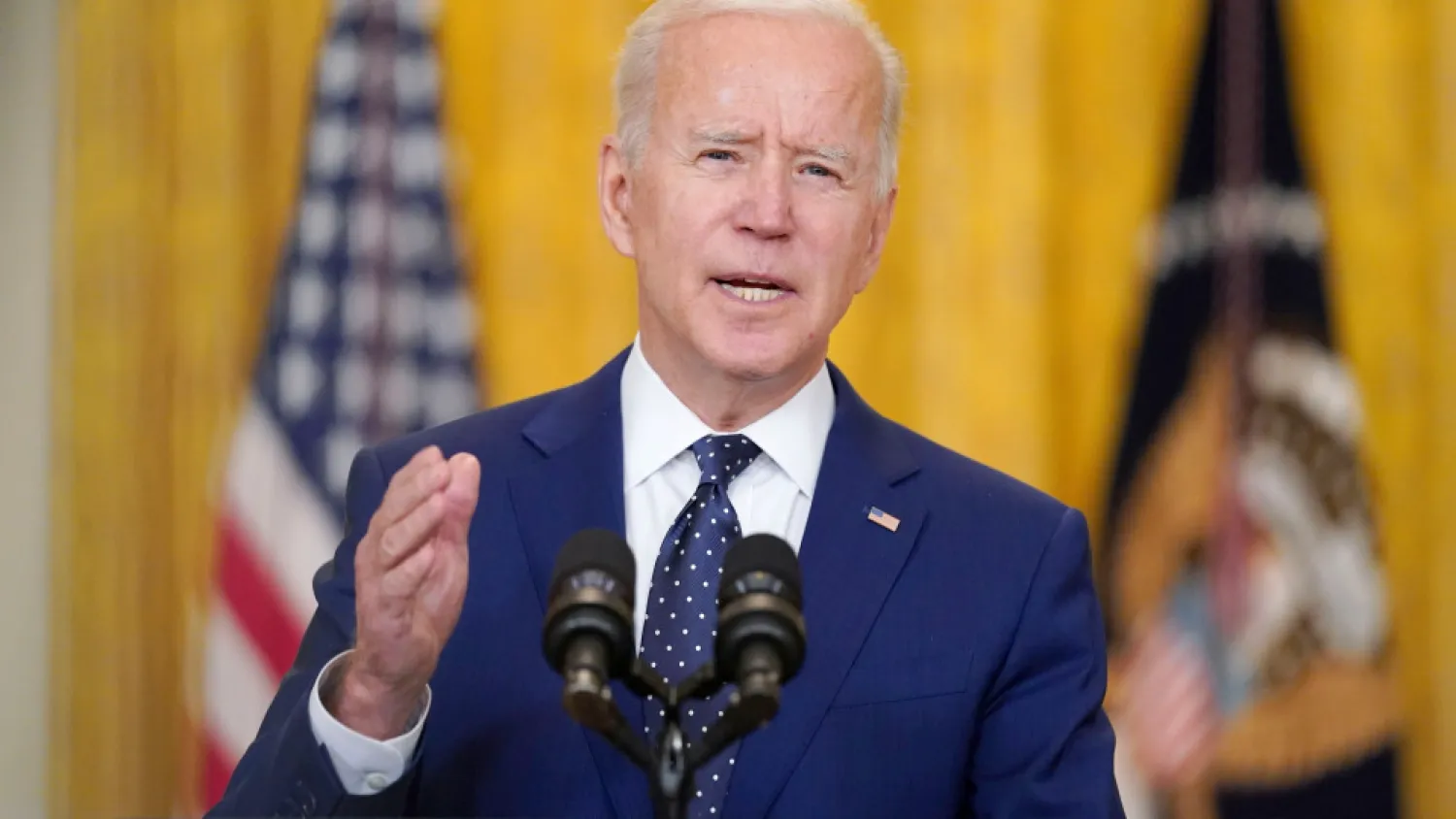US President Joe Biden on Saturday said the 1915 massacres of Armenians in the Ottoman Empire constituted genocide, a historic declaration that infuriated Turkey and is set to further strain frayed ties between the two NATO allies.
The largely symbolic move, breaking away from decades of carefully calibrated language from the White House, will likely to be celebrated by the Armenian diaspora in the United States, but comes at a time when Ankara and Washington have deep policy disagreements over a host of issues.
Turkish Foreign Minister Mevlut Cavusoglu said Turkey “entirely rejects” the US decision which he said was based “solely on populism”.
Biden’s message was met with “great enthusiasm” by the people of Armenia and Armenians worldwide, Armenian Prime Minister Nikol Pashinyan wrote in a letter to the US president.
In his statement, Biden said the American people honor “all those Armenians who perished in the genocide that began 106 years ago today.”
“Over the decades Armenian immigrants have enriched the United States in countless ways, but they have never forgotten the tragic history ... We honor their story. We see that pain. We affirm the history. We do this not to cast blame but to ensure that what happened is never repeated,” Biden said.
In comments that sought to soften the blow, a senior administration official told reporters that Washington encouraged Armenia and Turkey to pursue reconciliation and continues to view Ankara as a critical NATO ally.
For decades, measures recognizing the Armenian genocide stalled in the US Congress and US presidents have refrained from calling it that, stymied by concerns about relations with Turkey and intense lobbying by Ankara.
Turkey accepts that many Armenians living in the Ottoman Empire were killed in clashes with Ottoman forces during World War One, but contests the figures and denies the killings were systematically orchestrated and constitute a genocide.
‘Relations already in shambles’
A year ago, while still a presidential candidate, Biden commemorated the 1.5 million Armenian men, women and children who lost their lives in the final years of the Ottoman Empire and said he would back efforts to recognize those killings as a genocide.
Ties between Ankara and Washington have been strained over issues ranging from Turkey’s purchase of Russian S-400 air defense systems - over which it was the target of US sanctions - to policy differences in Syria, human rights and a court case targeting Turkey’s majority state-owned Halkbank.
Biden’s declaration follows a non-binding resolution by the US Senate adopted unanimously in 2019 recognizing the killings as genocide.
Previous US presidents have abandoned campaign promises to recognize the Armenian genocide for fear of damaging US-Turkish relations, said Nicholas Danforth, non-resident fellow for The Hellenic Foundation for European and Foreign Policy.
“With relations already in shambles, there was nothing to stop Biden from following through,” said Danforth. “Ankara has no allies left in the US government to lobby against this and Washington isn’t worried whether it angers Turkey anymore.”
Turkish President Recep Tayyip Erdogan had established a close bond with former US president Donald Trump, but since Biden took over, Washington has grown more vocal about Turkey’s human rights track record. It has also stood firm on its demand that Ankara get rid of the Russian defense systems.
Biden had also delayed having a telephone conversation with Erdogan until Friday -- seen largely as a cold shoulder to the Turkish president -- when he informed him of his decision to recognize the massacres as genocide.
Saturday’s announcement was slammed by the Turkish government and several opposition politicians. Turkey’s presidential spokesman Ibrahim Kalin said Biden’s remarks “only repeat the accusations of those whose sole agenda is enmity towards our country.”
“We advise the US President to look at (his country’s) own past and present,” Kalin wrote on Twitter.









